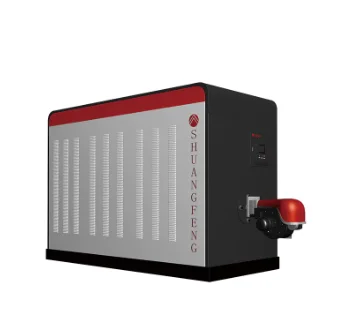The Biomass Hot Boiler Heater is an energy system that converts organic materials into heat for industrial and commercial purposes. It works by burning biomass such as wood pellets, sawdust, or crop residues to produce hot water or steam. This energy is then distributed to support different processes, from factory production to building heating.
The growing interest in biomass hot boiler heaters comes from the shift toward renewable energy. Unlike coal or oil, biomass resources are renewable through natural growth cycles, giving users a more sustainable energy supply. This makes the heater an appealing solution for organizations aiming to balance productivity with environmental responsibility.
The heater is highly adaptable, serving multiple industries. In food processing, it helps maintain proper temperatures for cooking or sterilization. In textiles, it supports dyeing and drying processes. In agriculture, it provides energy for greenhouses and crop drying. District heating systems also use it to supply hot water to residential areas.
Modern systems are equipped with features that improve convenience and reliability. Automatic fuel feeding, temperature control, and ash removal mechanisms allow smoother operation with less manual intervention. These innovations increase efficiency while keeping energy output steady.
Environmental considerations also play a key role. Biomass combustion produces emissions, but because the resources are renewable, the process creates a balanced carbon cycle. This reduces long-term environmental impact compared with fossil fuel systems.
Overall, the Biomass Hot Boiler Heater represents a practical step toward cleaner energy use, offering industries and communities a dependable heating solution supported by renewable resources.






